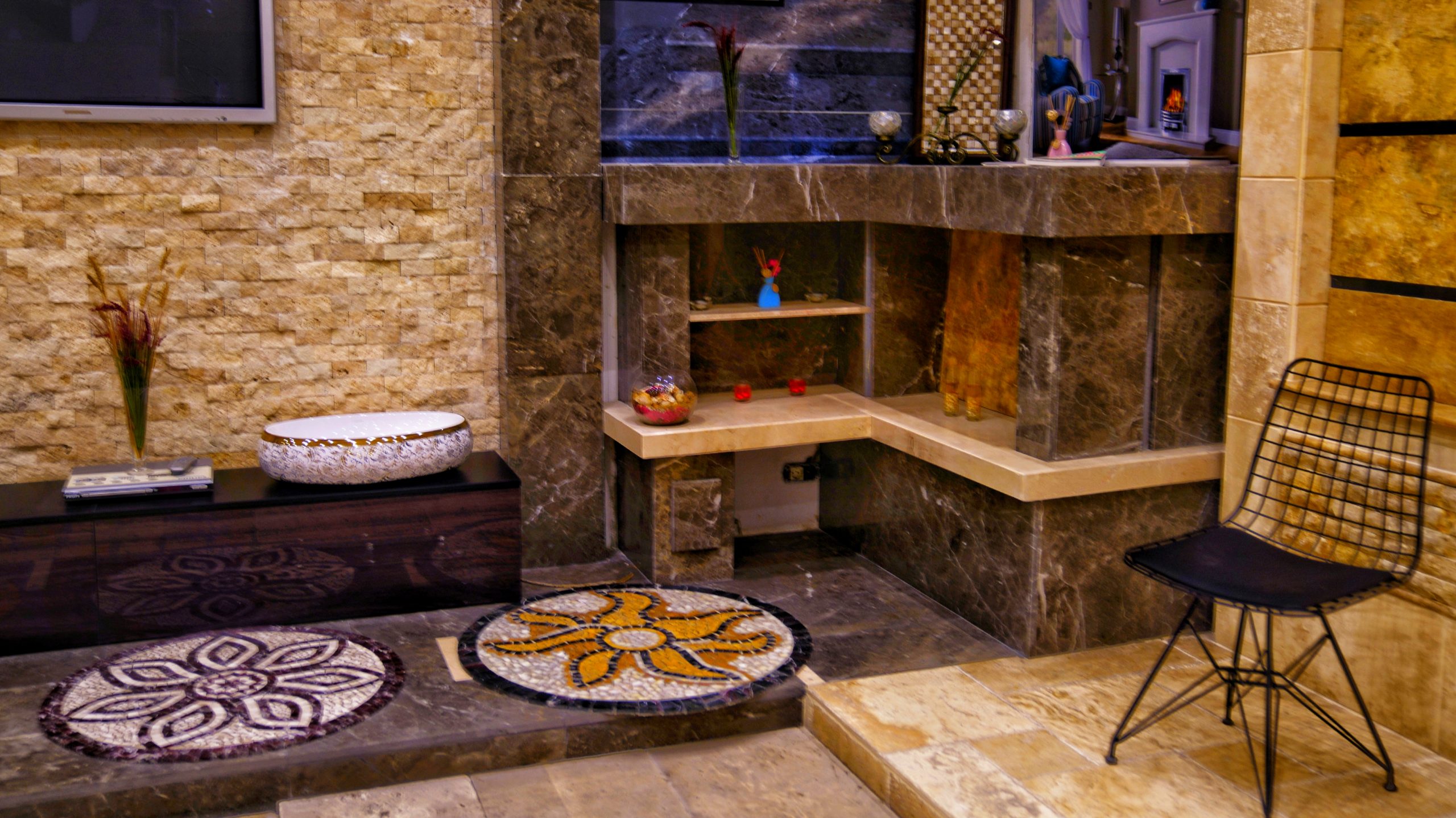King Carol II fell in love with the Murfatlar wines and he ordered in 1939 the transition of the nursery from state property of the royal domanin. Dobrudja, the region caressed by the sunrays, lying between the Black Sea and the Danube, has a wine history that dates back from the days of the Dacians. It is said that Burebista, the King of the Getae and Dacians, urged his people to abstinence because he did not tolerate abusive wine consumption. The Dacians had a real worship for wine, a drink they considered a gift from gods. Let’s not forget that the poet exiled at the Pontus Euxin more than 2000 years ago, Ovidius Publius Naso drowned his sadness in a jug of wine. In addition, it is said that in the past it was believed that the god of wine, Dionysus or Bacchus, as many know him, was born in our lands.
The Murfatlar wine region emerged after Dobrudja’s union with the country
When Dobrudja joined the country, the majority population was composed of Muslims. In 1878, in northern Dobrudja there were 71,000 Tatars and 49,000 Turks, 47,000 Romanians, 30,000 Bulgarians, and the rest were Jews, Greeks, Russians, and Germans. It is not difficult to infer that many Muslims lived in Murfatlar, considering the name of the locality, which translates “The Murfats, Murfat’s descendants”. It was only after Dobrudja was annexed and after the Ottoman rule was overrun that the vineyards were created in Murfatlar. Many say Muslims have not been interested in vineyards by then since they do not drink alcohol. Around 1880, the first vineyard appeared in Murfatlar, but it did not resist too much, the plantation being attacked by the phylloxera insect, which reached the Dobrudja area all the way from America.
King Carol II became passionate about Murfatlar wines
King Carol II fell in love with the Murfatlar Research Resort’s wines after attending a wine tasting in Constanta on Navy Day. At that time, the French wines Chardonnay, Pinot Noir, Pinot Gris and Merlot were fashionable, generally sweet and flavoured. King Carol II loved Bacchus’s drink created in Murfatlar so much that he asked, “Why do you bring me vinegar-like sour Austrian wines if you have such good wines here?” At that time he was brought wines from Germany and Austria, but later Murfatlar Winery became the official supplier of the Royal House.
How Murfatlar Nursery became the property of the royal domain
The Romanian state set up Murfatlar Nursery in 1907, those were the names of the first experimental plantations of vines back then. They were set up after the invasion of the 1886 phylloxera insect, which decimated vineyards all over Europe. Subsequently, the vineyards were re-established by grafting the varieties on a rootstock to be more resistant.
In 1939, King Carol II ordered the transition of the nursery from state property to that of the royal domain. Murfatlar locals have since begun to call it a “royal vineyard” and it was an honour for them to work there. Since 1942 the domain has gone back to the state as an experimental resort. Currently, Murfatlar is no longer the official wine supplier of the Royal House.
The most valuable bottle of Murfatlar Winery costs 600 lei
 The oldest wines we now find in Murfatlar Winery were produced in 1950. Those who want to enjoy a drink from the time when the Romanian People’s Republic was led by Communist dignitary Constantin Parhon will pay 600 lei for a bottle of Chardonnay or Pinot Gris. We are talking about old wines over 60 years old. As a matter of fact, the collection is very varied and includes wines from 1950 to 2000, with few exceptions. I have discovered that the 1976, 1978 and 1979 stocks were exhausted. The cheapest wine in the collection is a Merlot since 2000, which costs 83 lei.
The oldest wines we now find in Murfatlar Winery were produced in 1950. Those who want to enjoy a drink from the time when the Romanian People’s Republic was led by Communist dignitary Constantin Parhon will pay 600 lei for a bottle of Chardonnay or Pinot Gris. We are talking about old wines over 60 years old. As a matter of fact, the collection is very varied and includes wines from 1950 to 2000, with few exceptions. I have discovered that the 1976, 1978 and 1979 stocks were exhausted. The cheapest wine in the collection is a Merlot since 2000, which costs 83 lei.
Murfatlar Resort, the creator of drinks
The Murfatlar Research Resort had 7 hectares of vineyards and nurseries when it was set up 111 years ago, Aurora Ranca, the director of the institution, told me. She also mentioned that the resort has 160 hectares now. It is true, it has lately faced financial difficulties, which it has overcome for more than a year.
Two of the creations that Murfatlar Winery prides itself on are Columna and Mamaia wines. Columna is an organic white wine made from hand-picked grapes from a parcel of land that does not use pesticides or herbicides. The birth certificate of Mamaia Wine was signed in 1993. It is a dark rosé wine, created by the blending of the Merlot, Băbească Neagră and Muscat Ottonel varieties.
I have also learned from Aurora Ranca that the French varieties suited very well at Murfatlar due to the climate, the sun and the limestone soil. They accumulate a lot of sugar, which is why production has been switched on semi-sweet and sweet wines. Oh, and if you are curious about the type of wine from the Murfatlar Winery King Carol II first drank at that tasting in Constanta, well, it was a Chardonnay.









0 Comments